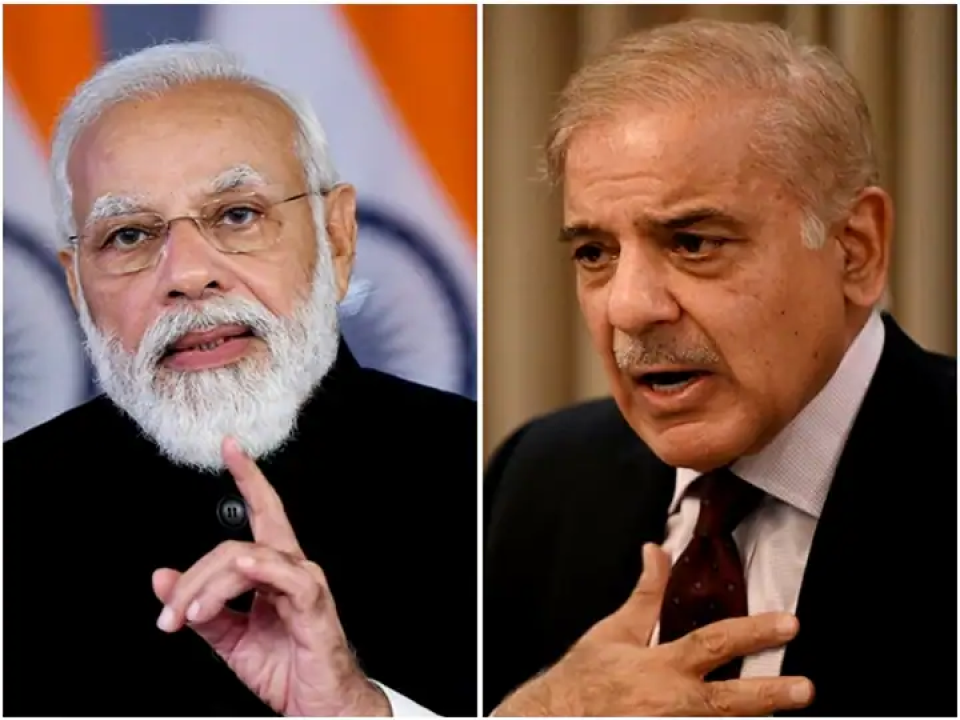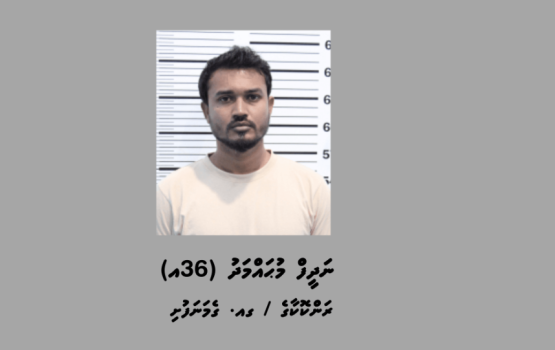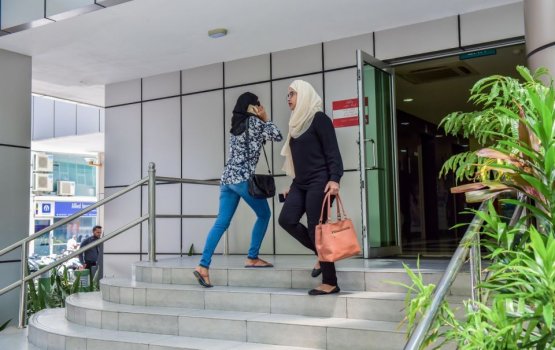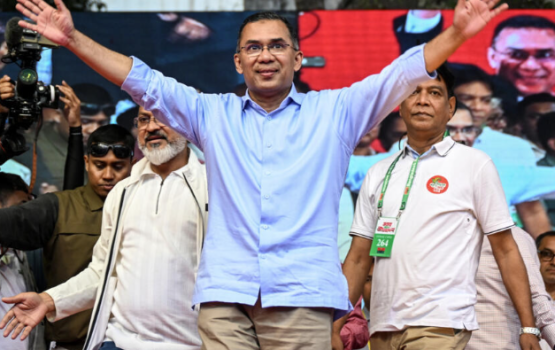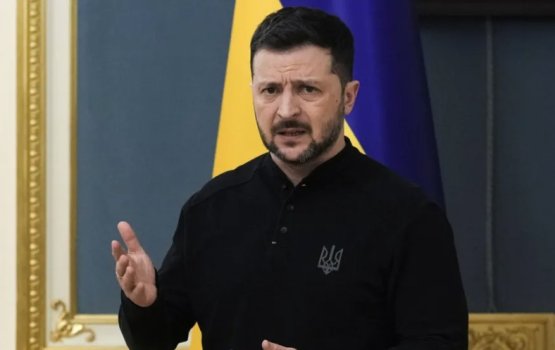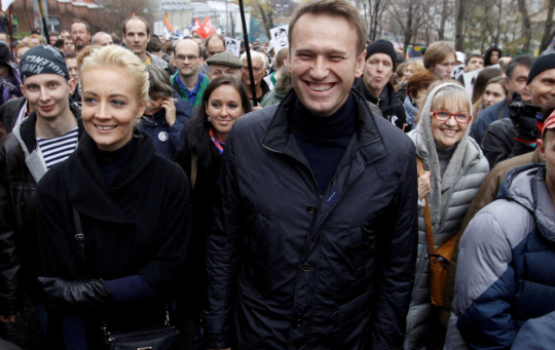One week after a deadly terror attack in Jammu and Kashmir’s Pahalgam claimed the lives of 26 civilians, including a tourist from Nepal, tensions between India and Pakistan have surged to alarming levels, with diplomatic, military, and political ties hitting a new low.
Terrorist Outfit TRF Claims, Then Denies Responsibility
The Resistance Front (TRF), widely seen as a proxy of Pakistan-based terror group Lashkar-e-Taiba (LeT), initially claimed responsibility for the attack—the deadliest on civilians in Kashmir in recent years. However, the group later withdrew its claim, adding confusion to an already volatile situation.
PM Modi Grants Armed Forces Full Freedom to Respond
In response to the attack, Prime Minister Narendra Modi convened a high-level security meeting with Defence Minister Rajnath Singh, Chief of Defence Staff Anil Chauhan, and the chiefs of the Army, Navy, and Air Force. During the meeting, PM Modi gave the armed forces “complete operational freedom” to determine the mode, timing, and targets of any retaliatory action, affirming the government's commitment to delivering a "crushing blow to terrorism."
Home Ministry Reviews National Security Readiness
Simultaneously, Union Home Secretary Govind Mohan chaired a key meeting attended by the heads of India’s major paramilitary and security forces, including BSF, NSG, SSB, and Assam Rifles. The discussions focused on border security, anti-terror operations, and internal threat mitigation strategies.
Firing Continues Along Line of Control
Cross-border hostilities have intensified, with unprovoked firing reported for five consecutive days along the Line of Control (LoC), particularly in the Kupwara, Baramulla, and Akhnoor sectors. The Indian Army stated it had responded “in a measured and effective manner” to provocations from the Pakistani side.
Security Crackdown Intensifies in Kashmir
In the Kashmir Valley, anti-terror operations have escalated. The Jammu and Kashmir police conducted raids at 13 locations in Doda district targeting suspected terror infrastructure. In a dramatic move, nine houses linked to known terrorists were demolished using explosives. Srinagar Police also launched extensive searches under the Unlawful Activities (Prevention) Act at residences of individuals suspected of aiding banned terrorist groups.
India Slams Pakistan at United Nations
At the United Nations, India delivered a scathing rebuttal to Pakistan, citing Defence Minister Khawaja Asif’s recent television confession acknowledging Pakistan’s history of supporting and training terrorists. Diplomat Yojna Patel accused Pakistan of misusing international forums and spreading propaganda while drawing attention to Asif’s admission.
Indus Waters Treaty Suspended
In a major development, India suspended the 1960 Indus Waters Treaty, a World Bank-brokered water-sharing agreement that has governed river flows between the two countries for over six decades. Under the treaty, Pakistan received about 80% of the water flow, essential for its agricultural needs. Islamabad reacted strongly, declaring that any diversion of water would be considered an "act of war."
Pakistan Retaliates by Suspending Simla Agreement
Pakistan responded by suspending the 1972 Simla Agreement, a foundational peace accord signed after the 1971 war that led to the creation of Bangladesh. The suspension marks a severe regression in bilateral diplomatic frameworks aimed at maintaining regional peace.
Visa Services and Diplomatic Ties Severed
Further escalating the situation, India suspended all visa services for Pakistani nationals, directing those in the country to leave by April 27. Only medical visas remain valid until April 29. Indian citizens in Pakistan were advised to return immediately.
On the diplomatic front, India declared Pakistan’s top diplomats persona non grata and expelled three military attaches. Pakistan has also been asked to reduce its diplomatic staff in New Delhi from 55 to 30—a significant rollback reminiscent of the 2020 downgrade in relations.
As tensions between the nuclear-armed neighbours rise, both nations face mounting international pressure to de-escalate. However, the current trajectory suggests further deterioration before any form of reconciliation can begin. (Source: news feeds)

